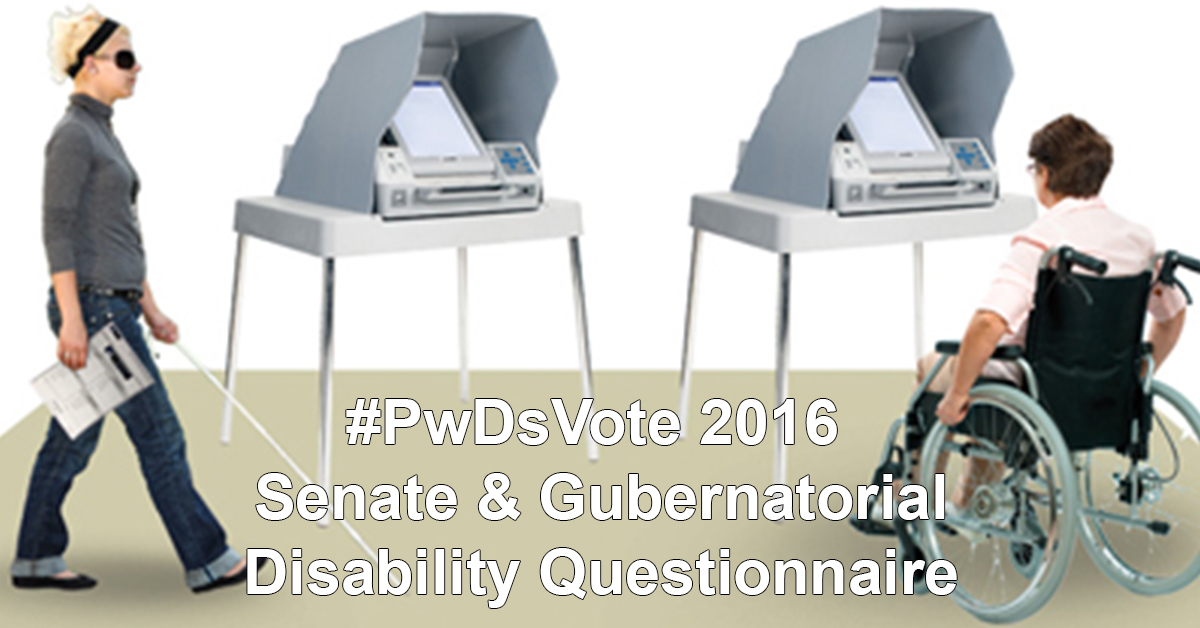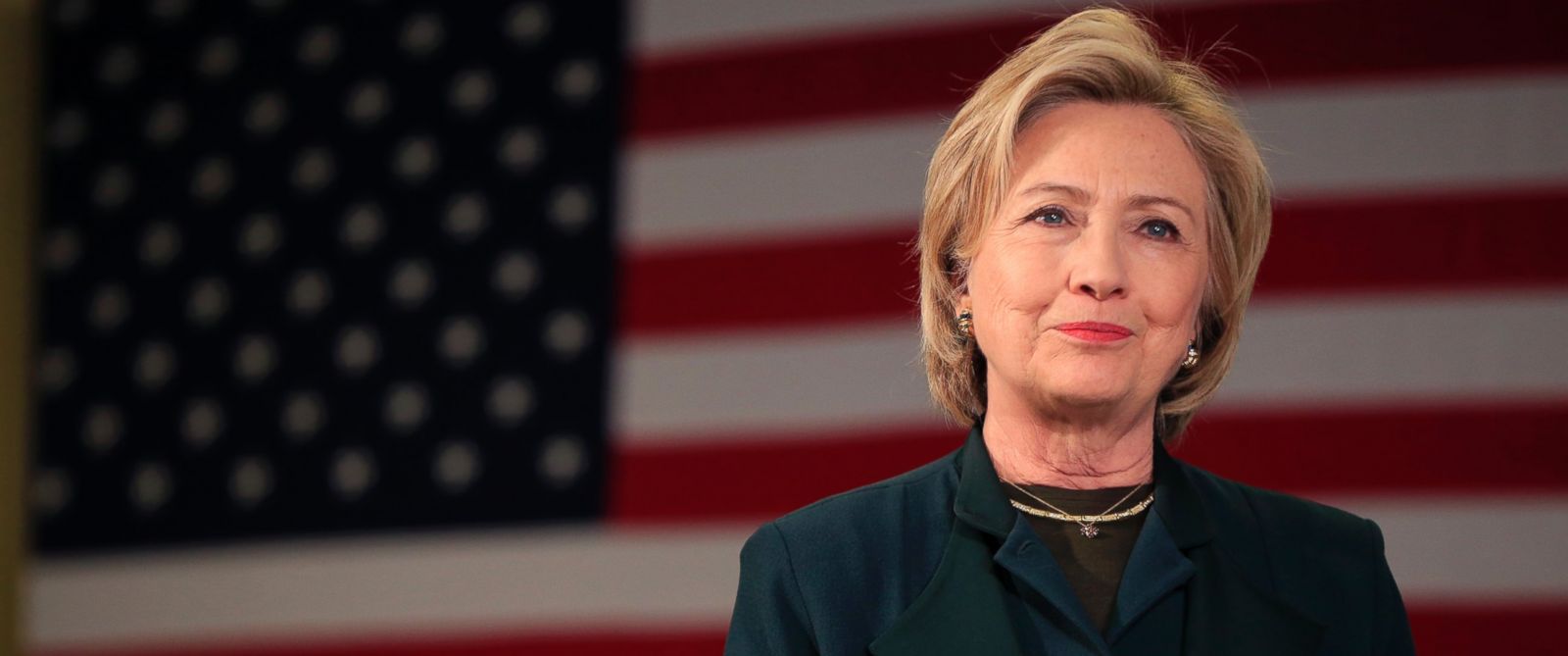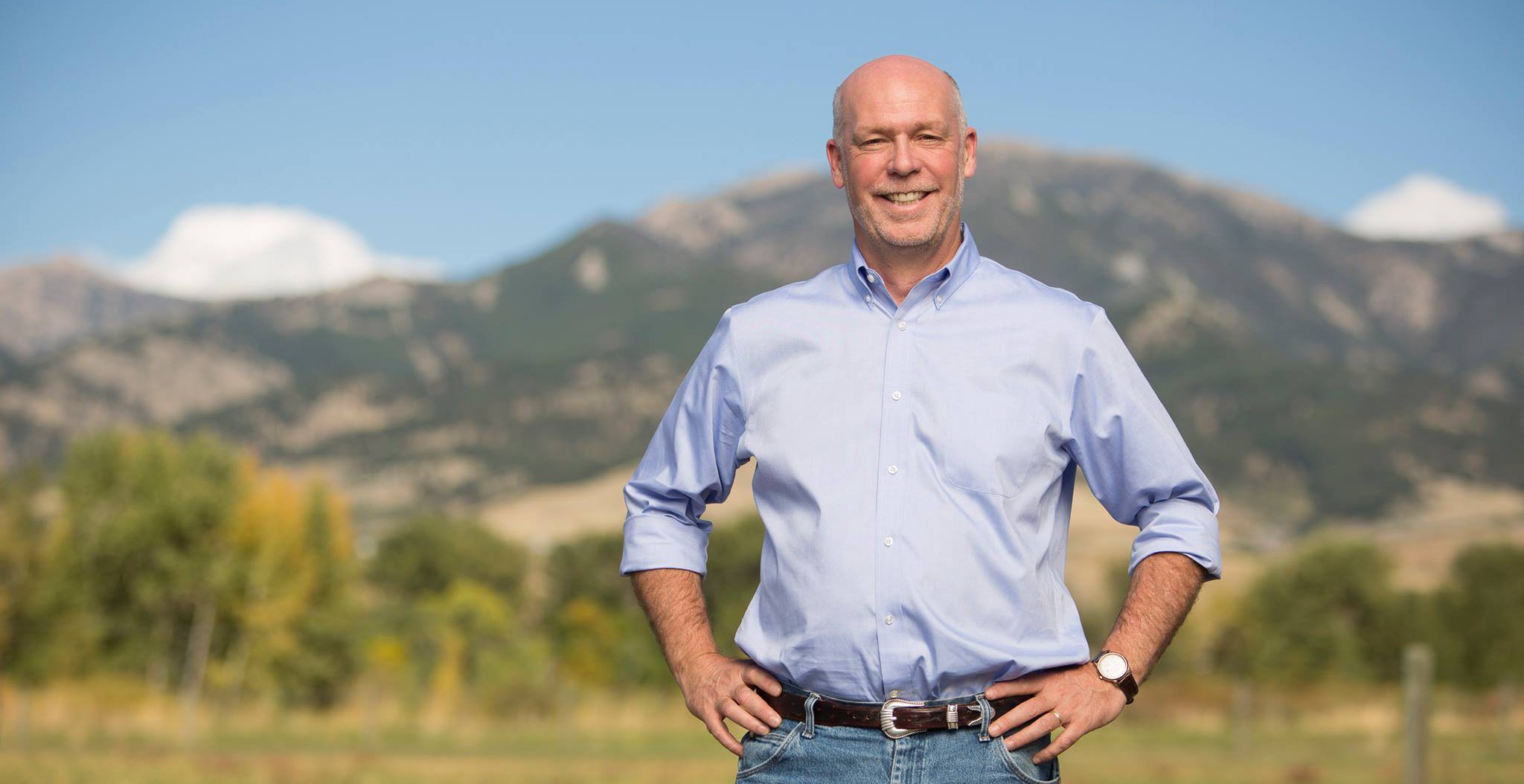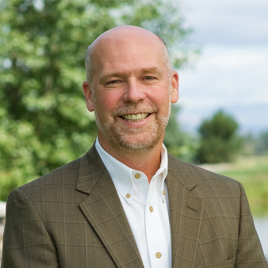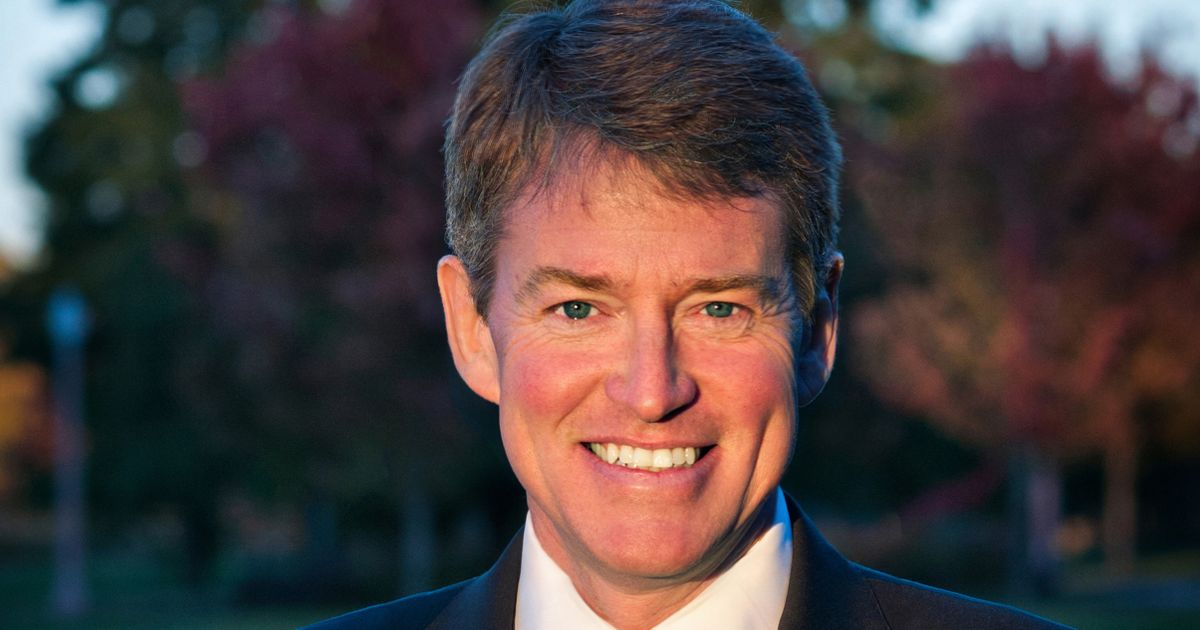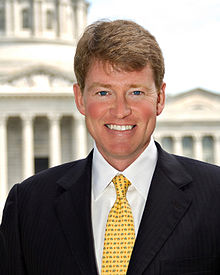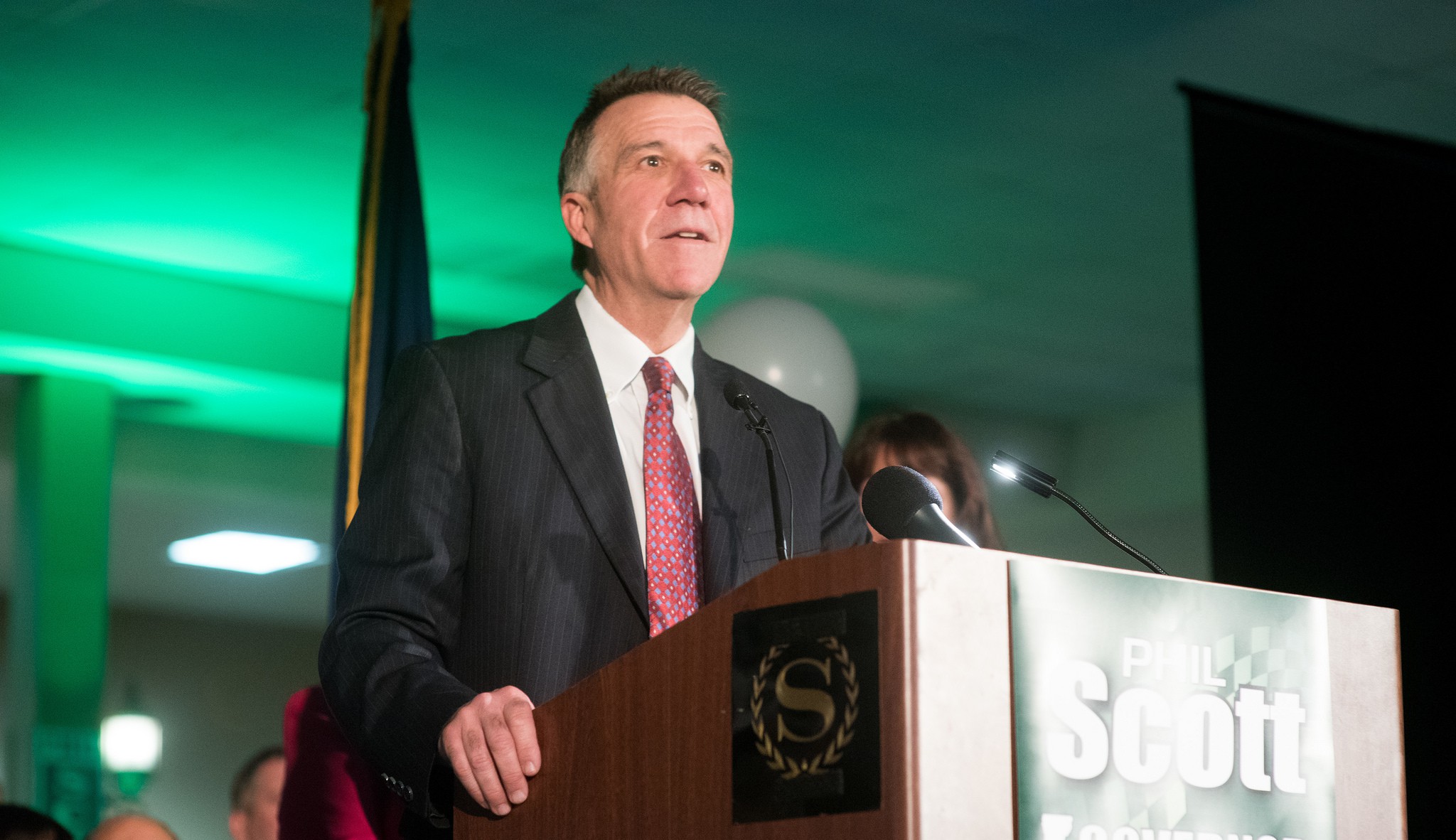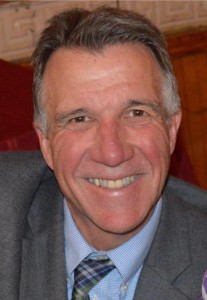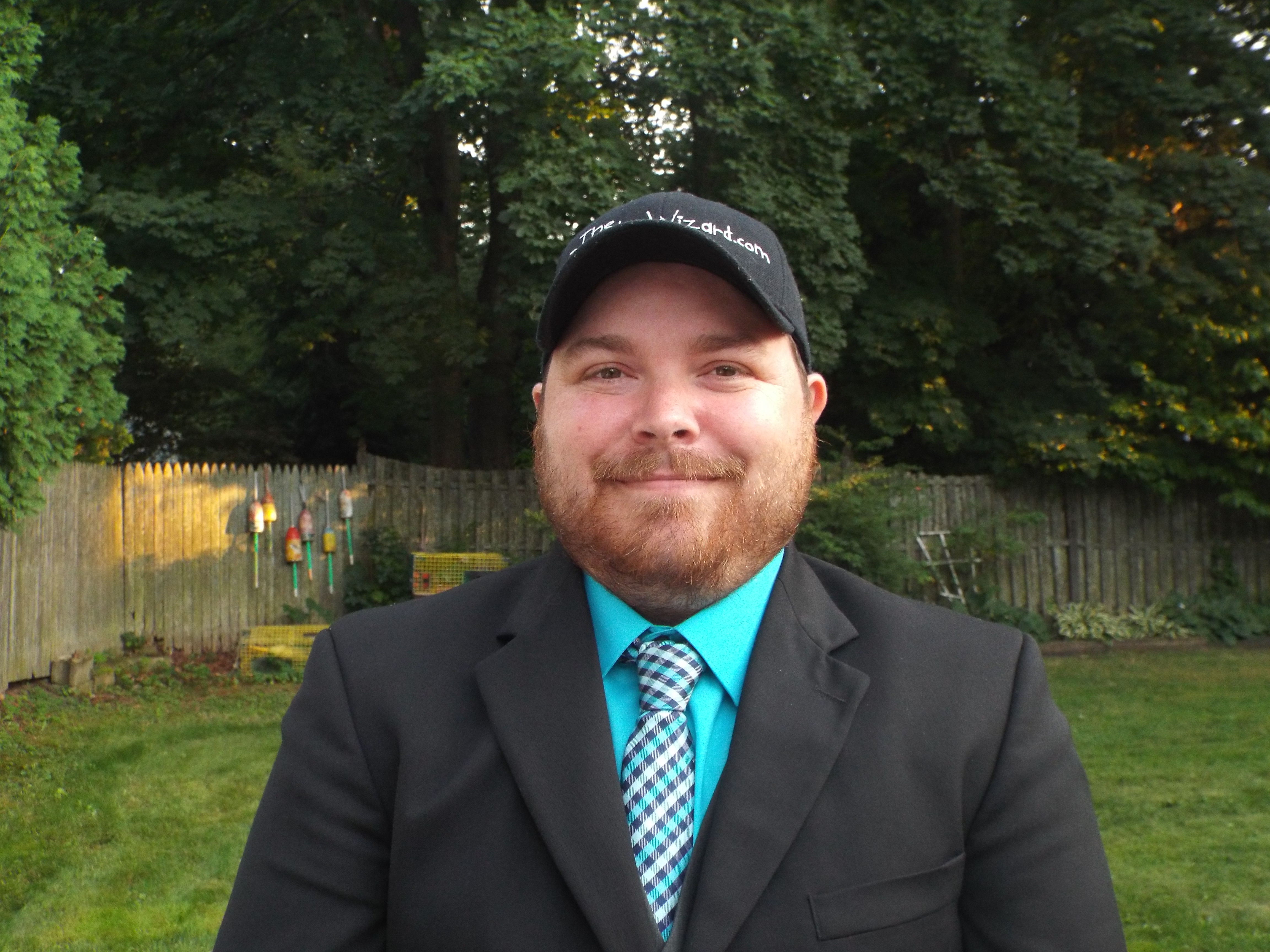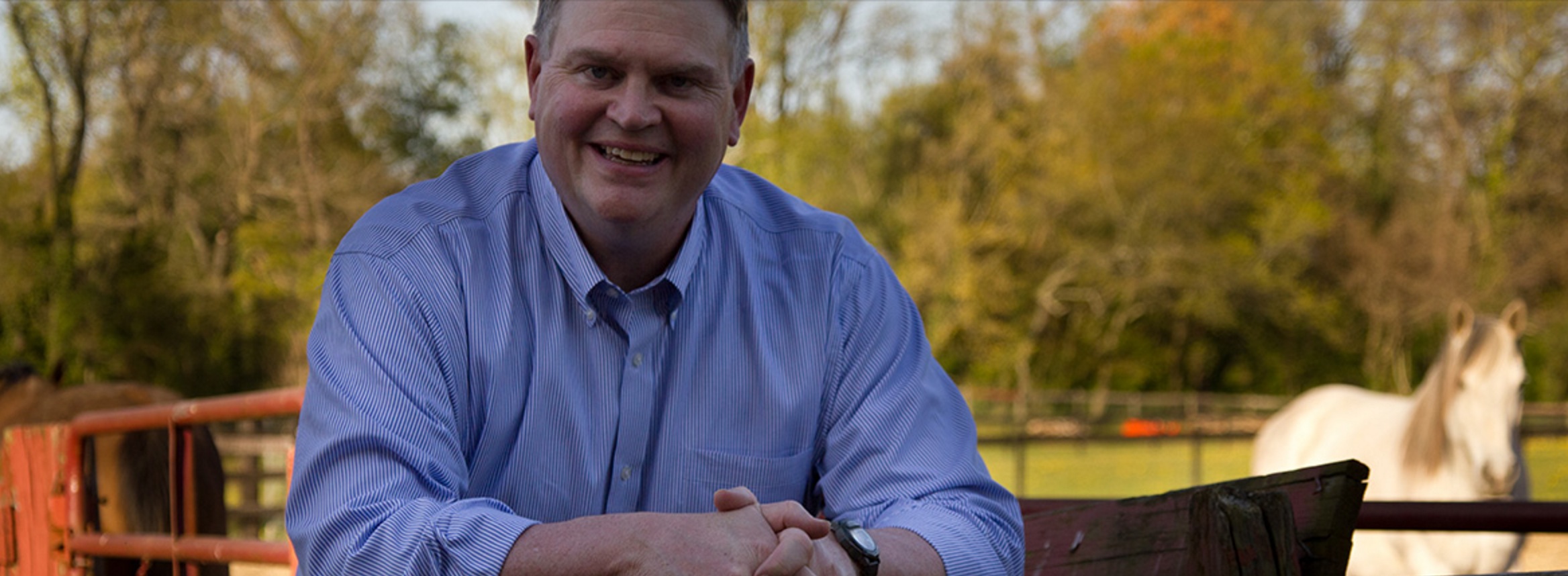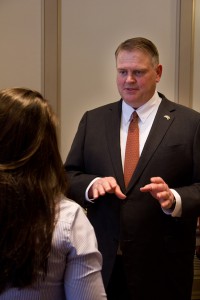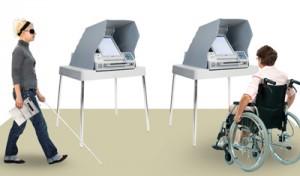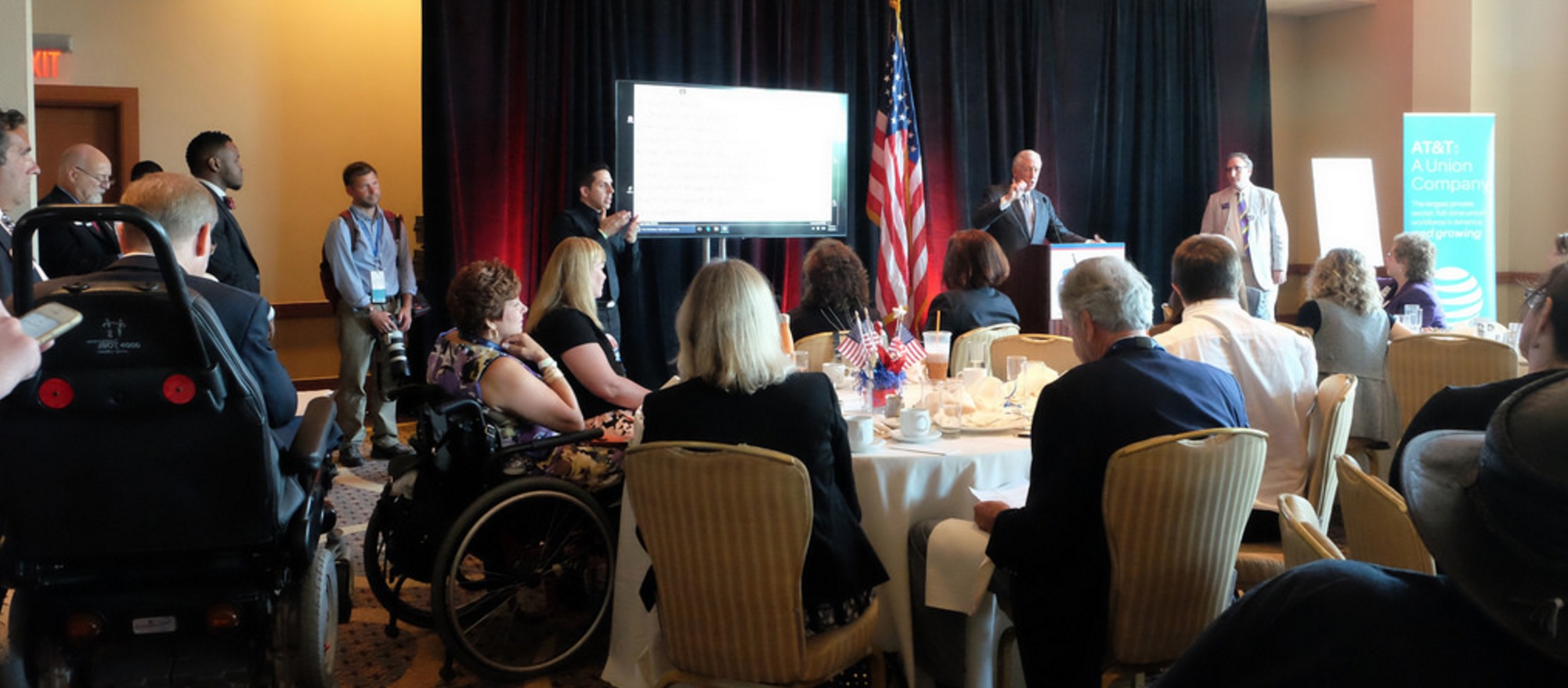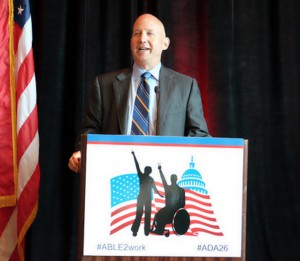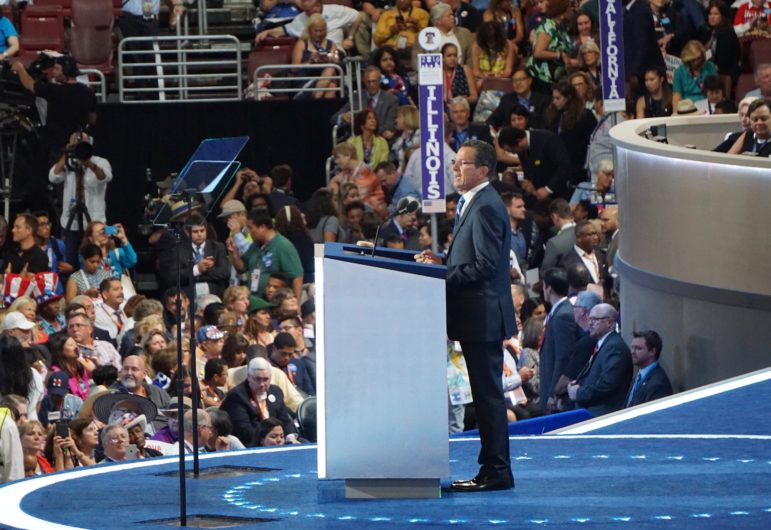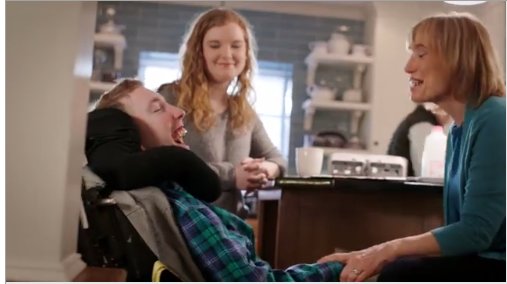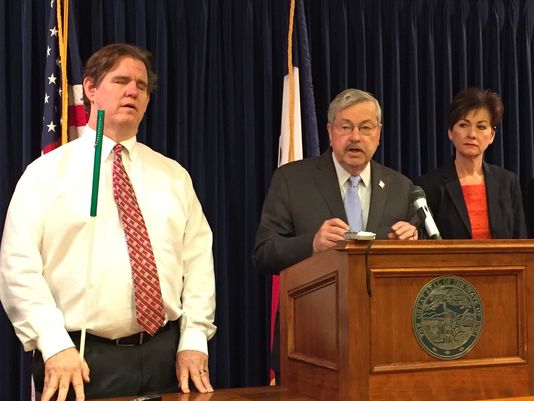22 Senate and Gubernatorial Candidates, as well as Hillary Clinton, Respond to #PwDsVote Campaign Questionnaire
Washington, Sept. 23 – As more candidates begin to understand the importance of including people with disabilities within their campaigns, they begin to think about issues of critical importance to the disability community.
A just-released Pew poll shows that voters with disabilities span the political and demographic spectrum and can determine who wins the elections.
Political campaigns know that this is a swing vote and Sec. Hillary Clinton has made this a new centerpiece of her campaign. Likewise, Republican Sen. Richard Burr in North Carolina has made it central to his re-election effort.
To date, 22 down ballot candidates have responded to the #PwDsVote 2016 Senate & Gubernatorial Disability Questionnaire, devoting time and energy to addressing disability issues. Since the first release earlier this month, seven additional politicians have submitted their responses – making a total of 22 candidates for Senate or Governor to have provided detailed answers about their views on these issues for people with disabilities.
This is the first time down-ballot candidates have been asked to complete a questionnaire about disability-related issues on such a wide scale.
